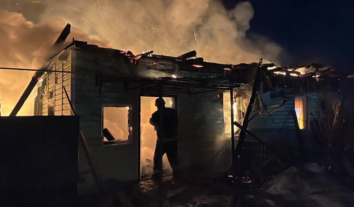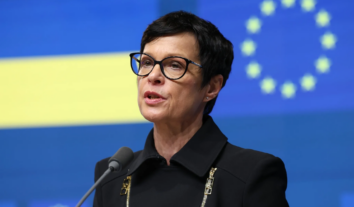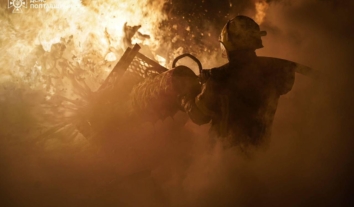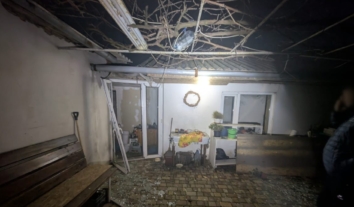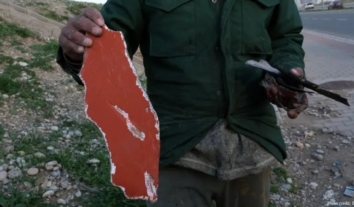Russia: Move to outlaw “undesirable” foreign organizations suffocates human rights
A new move by the Russian Parliament to outlaw so-called undesirable organizations is yet another nail in the coffin for freedom of expression and civil society in Russia, said Amnesty International today.
The submission by the Council of the Federation, Parliament’s upper house, of a list of 12 foreign NGOs working in Russia to the Prosecutor General’s Office and the Foreign Ministry may lead to them being banned as “undesirable” under a law adopted last May. “Undesirable” organizations” are loosely defined under the law as those posing a threat to the country’s “constitutional order, defence potential or state security”.
“The submission of this list is yet another move to suffocate freedom of expression and association in Russia, and its intended targets are not just foreign organizations but independent civil society in the country itself,” said John Dalhuisen, Director for Europe and Central Asia at Amnesty International.
“This is an unwarranted and unnecessary tactic aimed at ending the legitimate activities of those engaged in work at odds with the Russian authorities. NGOs, both Russian and foreign, are already closely monitored, and sufficient legal mechanisms already exist to tackle any organizations which may be engaged in unlawful activities.”
Among the organizations listed are the Crimean Field Mission on Human Rights, Freedom House, two organizations working with the Ukrainian diasporas around the world and several foundations that provide funding and support to civil society initiatives in Russia.
Spokespeople for Parliament’s upper house, the Council of the Federation, have indicated that the list is neither final not exhaustive. As a reason for their initiative, they claim that the current “unprecedented scale” of funding of “political activities” by NGOs from foreign sources constitutes a “soft aggression” against Russia and its people.
“The criteria the Russian authorities will use to designate ‘undesirable organizations’ are ill-defined, arbitrary and nebulous,” said John Dalhuisen.
“If the Prosecutor’s Office and the Foreign Ministry agree that these organizations pose a threat, the organizations will be banned in Russia with immediate effect.”

